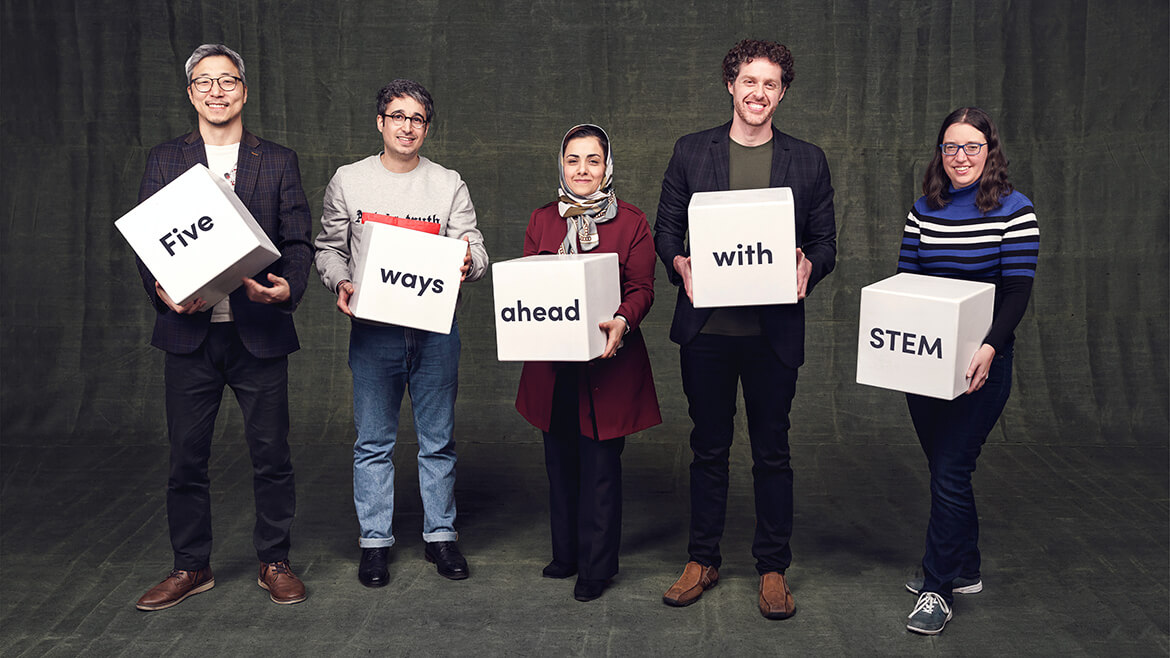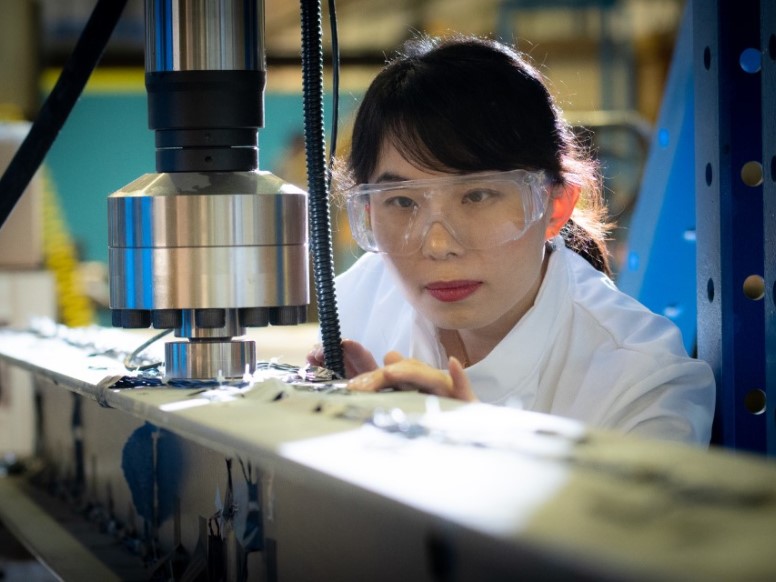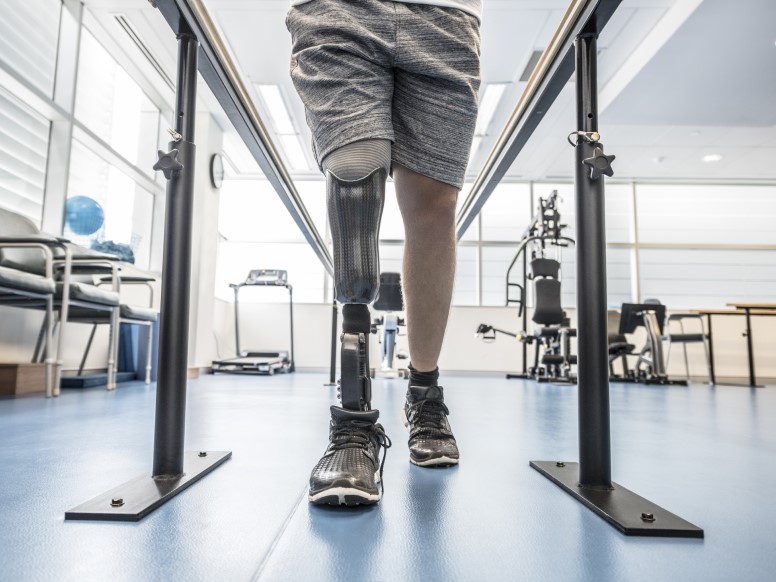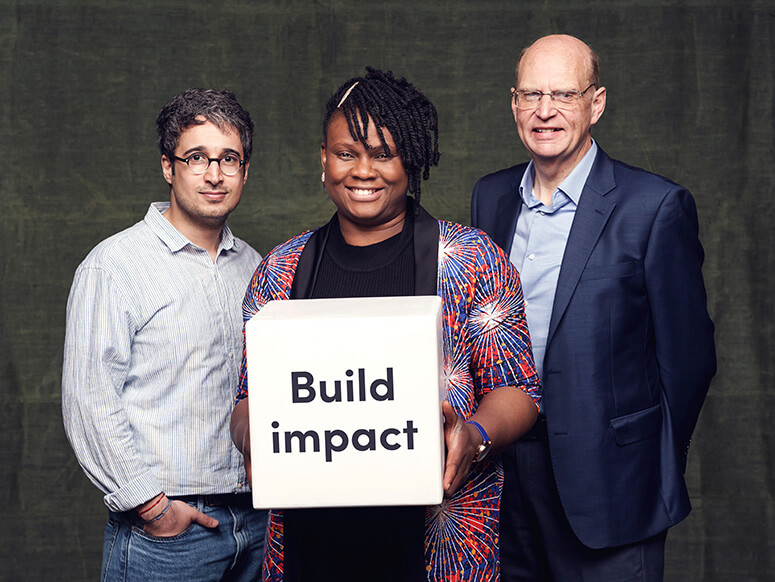Our themes

Five ways ahead
Each of our five ways ahead encompass a broad spectrum of activity and will flow through our approach to research, teaching and beyond. The five ways ahead resonate with the themes identified by UK Government for priority support - tackling climate change and delivering net zero; unleashing innovation in AI, life sciences, space, emerging technologies and clean energy.
In research these themes will include both disciplinary excellence and interdisciplinary activities from across all faculties of the institution, and reaching across the technology readiness levels. The research will be delivered by projects of individual academics and research students, through research groups within departments, via cross-disciplinary Research Centres, Centres for Doctoral Training, and highly networked Global Research Priorities, and will be supported by world class infrastructure and both shared and central services.
In our teaching we’ll ensure that boundary-pushing work in the lab directly feeds into our teaching at all levels, helping us to equip the next generation with the right tools to tackle the world’s most pressing problems. As we look to point the way ahead with STEM, we’re developing new courses that meet the needs of both our students and employers, with opportunities for hands-on, research-informed learning that goes beyond traditional subject boundaries.
Read more about our five ways ahead:
1. AI, Digital & Smart Applications
The digital revolution has dramatically changed our world and will continue to do so in ways we can't yet imagine. People across the world are more connected than ever before; the way we live our lives is captured in huge data sets; decisions can be made by machines faster, and based on far more information, than the human brain can process: processes of discovery, design, manufacture and operation can be fully automated. Warwick is at the heart of this transformation from the most basic data science, through development of smart applications, to interpretation of data, and consideration of ethical and policy implications.

2. Energy, Environment & Sustainability
Human society functions by consuming vast amounts of energy for heating, cooling, technology, communication, food supplies, lighting, transport, health, manufacturing and just about every other human activity. All of these activities have an impact on the environment and the ecosystems it supports, affecting the capacity to sustain future life as well as impacting on current human well-being. Establishing a sustainable way of life is essential for the long-term habitation of billions of people on Earth. One aspect of this is to achieve net zero emission of greenhouse gases associated with human activities, supported by the University’s own Net Zero commitment. Achieving sustainability will require a combination of technological innovations and behavioural change.

3. Advanced Materials & Systems
Stone, iron, glass, plastic, concrete, silicon, cellulose, lycra – development of materials and what can be made from them has defined the technology of society throughout history. Future advanced materials promise new, disruptive opportunities that will impact on society worldwide. Warwick has very strong, interdisciplinary activity and an excellent reputation in fields of advanced material discovery, synthesis, analysis and manufacturing, which will continue to expand and form the central core of STEM activity.

4. Frontier Science
Fundamental, basic science tackles the big questions at the frontier of knowledge; it underpins the long-term development of applications and technology, not necessarily in a predicable way; it satisfies the academic quest for answers and excites the public. Our science is incredible - from the infinitesimally small world of sub-atomic structure, via the complexity of life, to the inconceivably vast scale of cosmological phenomena. Frontier science occurs in individual laboratories, massive international facilities, and in space beyond the confines of Earth. Warwick has expertise and international leadership in many areas of frontier science, with high visibility greatly enhancing the University’s global reputation.

5. Health & Medical Technologies
Health research is based on a fusion of technologies across sectors, is data-rich and relies on advances in an astonishing range of fields, from molecular and structural biology to population health. Advances in medical technology mean that previous untreatable conditions can now be addressed with routine procedures. But this has raised societal expectations, and with a globally aging population, there are no limits to the demand for further advances in healthcare. As well as core life science and medical research, the mathematical and physical sciences can make a major contribution to medical advances through the understanding of epidemiology, sequencing and interpreting the genetic code, development of imagining and diagnostic tools, personalised health plans, to building replacement body parts and technologically enhanced humans.


Help us build a better future
We have an exciting programme of work ahead to help us bring together, inspire and nurture the next generation of problem solvers, inventors and innovators in STEM. Watch this space for news and updates about all the ways you can get involved.

Explore our work
At Warwick we’re pointing the way ahead with STEM, sharing our fundamental and real-world research through innovative teaching and public engagement. Explore our case studies to find out more.
